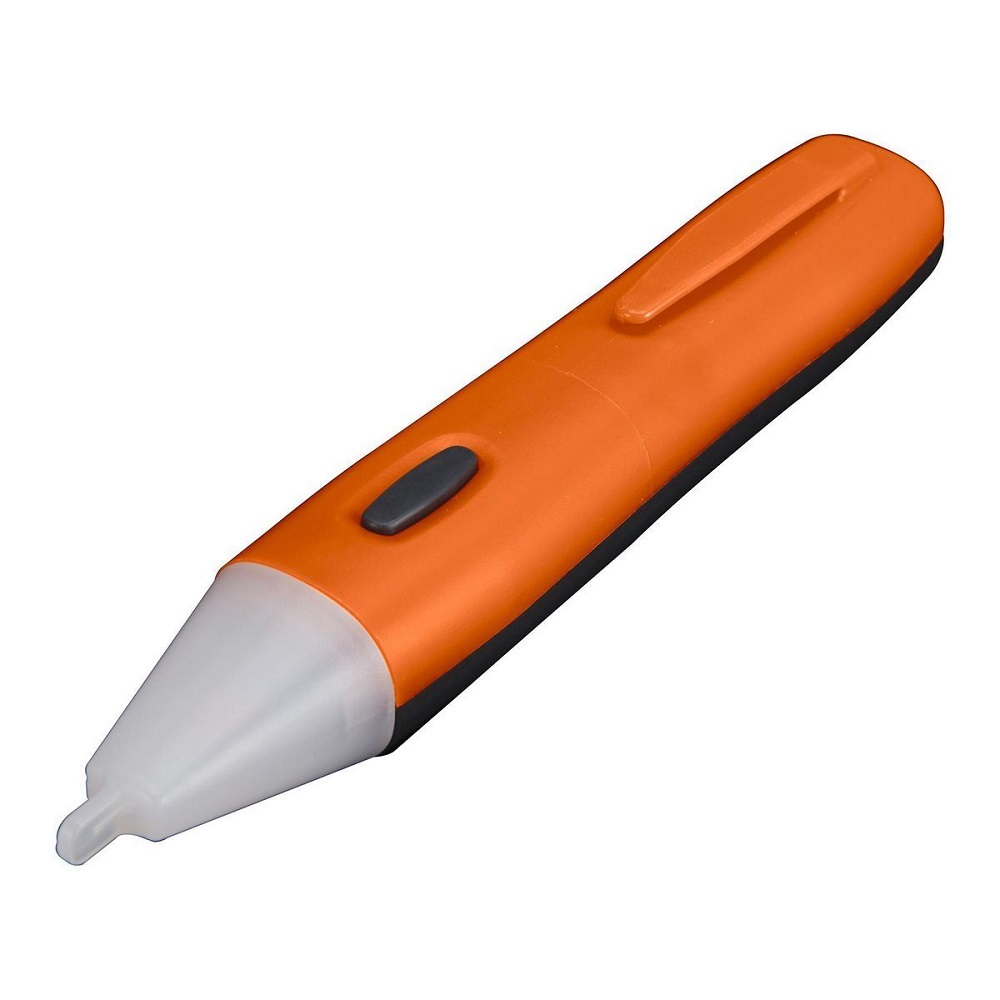Electrical testers are invaluable tools for anyone working with electrical systems. They help you measure voltage, current, and resistance accurately. However, like any tool, they require proper maintenance to ensure they perform well over time. Maintaining your electrical tester not only enhances its accuracy but also extends its lifespan. This article will discuss key practices and tips to keep your tester functioning optimally.
Regular Cleaning and Inspection
Cleaning the Tester
Keeping your electrical tester clean is essential for maintaining accuracy. Dust, dirt, and debris can accumulate on the tester, obscuring its display or interfering with its connections. To clean your tester, use a soft cloth dampened with a mild detergent. Avoid using strong chemicals, as they may damage the tester’s surface. Pay close attention to the probes, as grime can affect their performance. Regularly wipe down your tester after each use to prevent buildup.
Inspecting for Damage
Another critical aspect of maintenance is regularly inspecting your tester for signs of damage. Look for frayed cords, cracked casings, or worn connectors. These issues can compromise safety and accuracy. If you notice any damage, consider repairing or replacing the affected parts immediately. Regular inspections will help you catch small problems before they escalate into larger issues, ensuring your tester remains reliable for years to come.
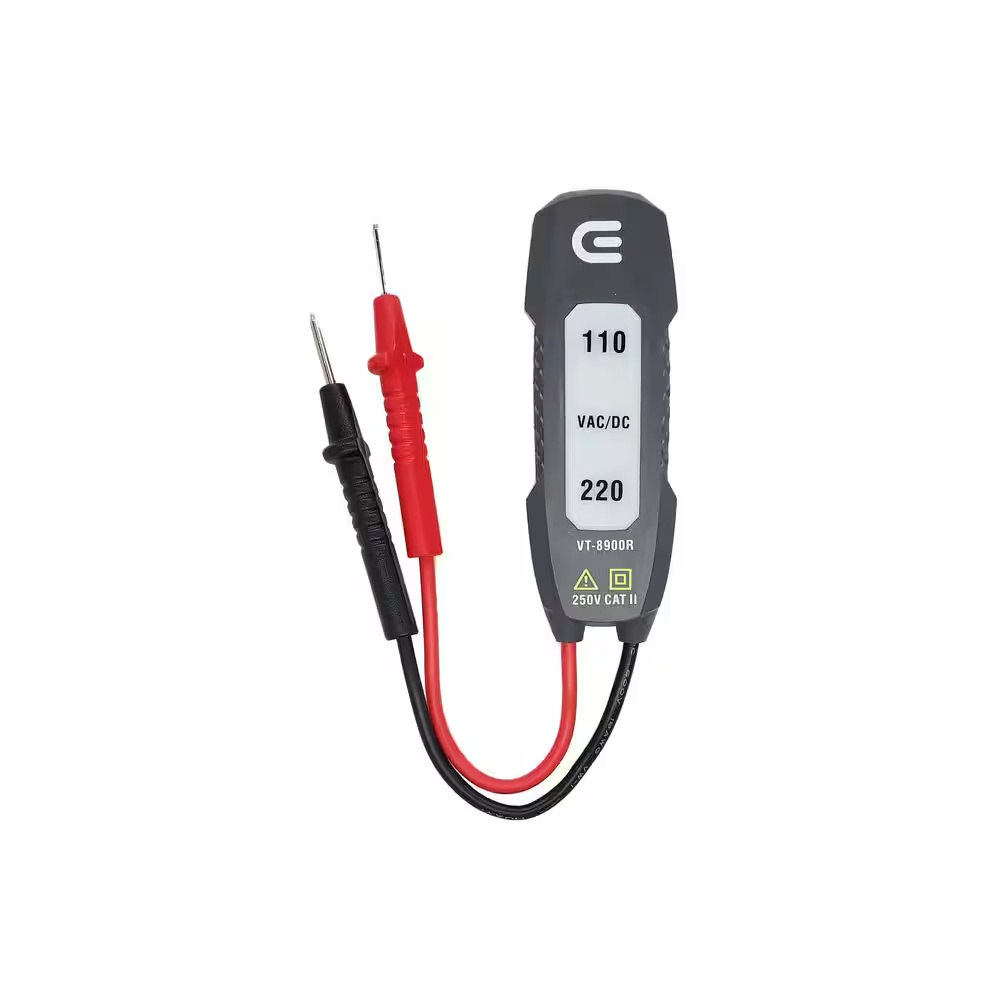
Calibrating Your Tester
Understanding Calibration
Calibration is essential for maintaining the accuracy of your electrical tester. Over time, even the best testers can drift out of alignment, leading to inaccurate readings. Calibration involves comparing your tester against a known standard and adjusting it as needed. Many manufacturers recommend calibrating your tester at specific intervals or after a set number of uses. Always consult the user manual for guidance on calibration schedules.
How to Calibrate
Calibrating your tester can usually be done at home, provided you have the right tools. You will need a reference voltage source or a calibration device that produces known values. Follow the manufacturer’s instructions carefully to ensure you perform the calibration correctly. If you feel uncertain about calibrating your device, consider sending it to a professional for servicing. Testing frequently can help you become familiar with its calibration process, leading to improved accuracy.
Storing Your Tester Properly
Choosing the Right Environment
Where and how you store your electrical tester impacts its longevity. Store it in a dry, cool, and clean environment. Avoid leaving it in direct sunlight or damp locations, as humidity and extreme temperatures can damage internal components. A temperature-controlled environment is ideal. If you need to work in a challenging environment, consider using protective cases or pouches designed for your tester.
Using Protective Cases
Many electrical testers come with protective cases, and using these can significantly extend their lifespan. Cases protect your tester from physical impacts and environmental factors. Even if your tester doesn’t come with a case, consider investing in one that fits your model. When storing your tester, ensure all moving parts are secure and that test leads aren’t twisted or crimped. Proper storage not only keeps your tester safe but also ensures it is always ready for use.
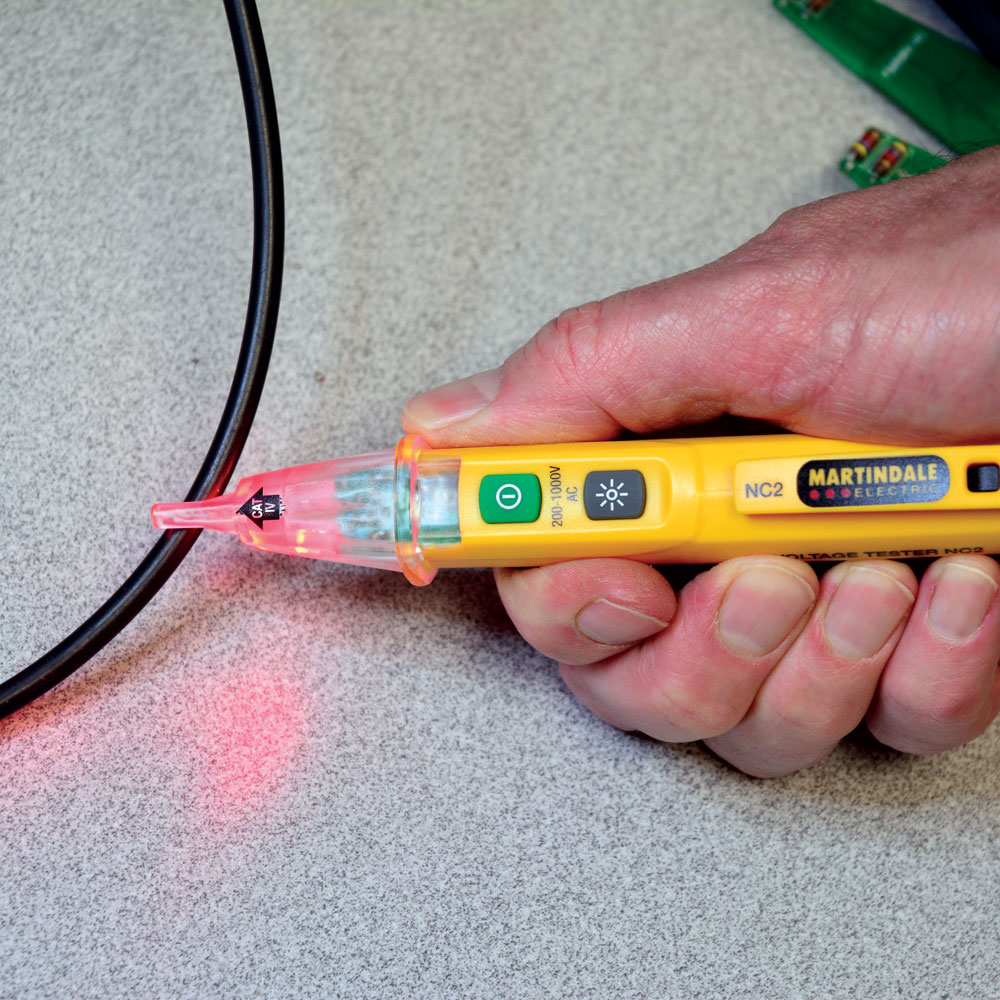
Battery Management
Choosing the Right Batteries
If your tester operates on batteries, using the correct type is crucial. Always refer to the user manual for the recommended battery specifications. Using the wrong batteries can lead to malfunctioning or even damage to your tester. Invest in high-quality batteries to ensure optimal performance. Rechargeable batteries are an eco-friendly option that can save money in the long run. Just make sure they are charged fully before use.
Monitoring Battery Life
Regularly check your tester’s battery level to avoid frustration during tasks. Many testers come with built-in indicators to alert you when the battery is low. If you notice a decrease in performance or accuracy, it may be time to replace or recharge the batteries. Keeping spare batteries on hand can save you time and ensure your work isn’t interrupted by dead batteries. This simple practice can help maintain your tester’s reliability and ensure it operates at full capacity.
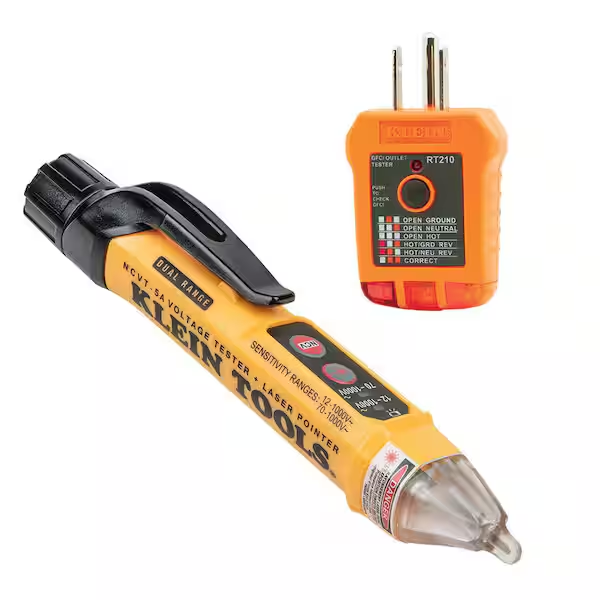
Understanding Tester Limitations
Recognizing Limitations
Every electrical tester has its limitations. Understanding these boundaries is vital for effective use. For instance, some testers may not measure certain frequencies or may be limited in the range of currents they can handle. Be sure to familiarize yourself with your tester’s specifications. This information is generally available in the user manual. Knowing what your tester can and can’t do will help you avoid using it inappropriately, which could lead to damage or inaccurate readings.
Avoiding Overuse
Another common pitfall is overusing your tester beyond its intended capacity. Using a tester designed for lower voltages in high-voltage situations can lead to malfunctions or even hazards. Always adhere to the specified limits for voltage and current. Pushing the limits can wear out components faster and affect accuracy. Respecting your tester’s boundaries will extend its life and ensure safety during electrical work.
Training and Skill Development
Regular Training
Investing time in regular training can significantly impact how well you use your electrical tester. Familiarize yourself with different testing methods and practices. Many manufacturers offer training resources and courses for their equipment. Taking advantage of these opportunities will enhance your skill set, making you a more effective user. Understanding the nuances of your tester will enable you to get the most accurate readings consistently.
Practicing Safe Work Habits
In addition to technical training, practicing safe work habits is essential. Always follow safety protocols while using your tester. This includes wearing appropriate personal protective equipment (PPE) and ensuring all connections are secure. Familiarize yourself with emergency procedures in case something goes wrong. Training not only improves your ability to use the tester effectively but also helps you create a safer work environment for yourself and those around you.
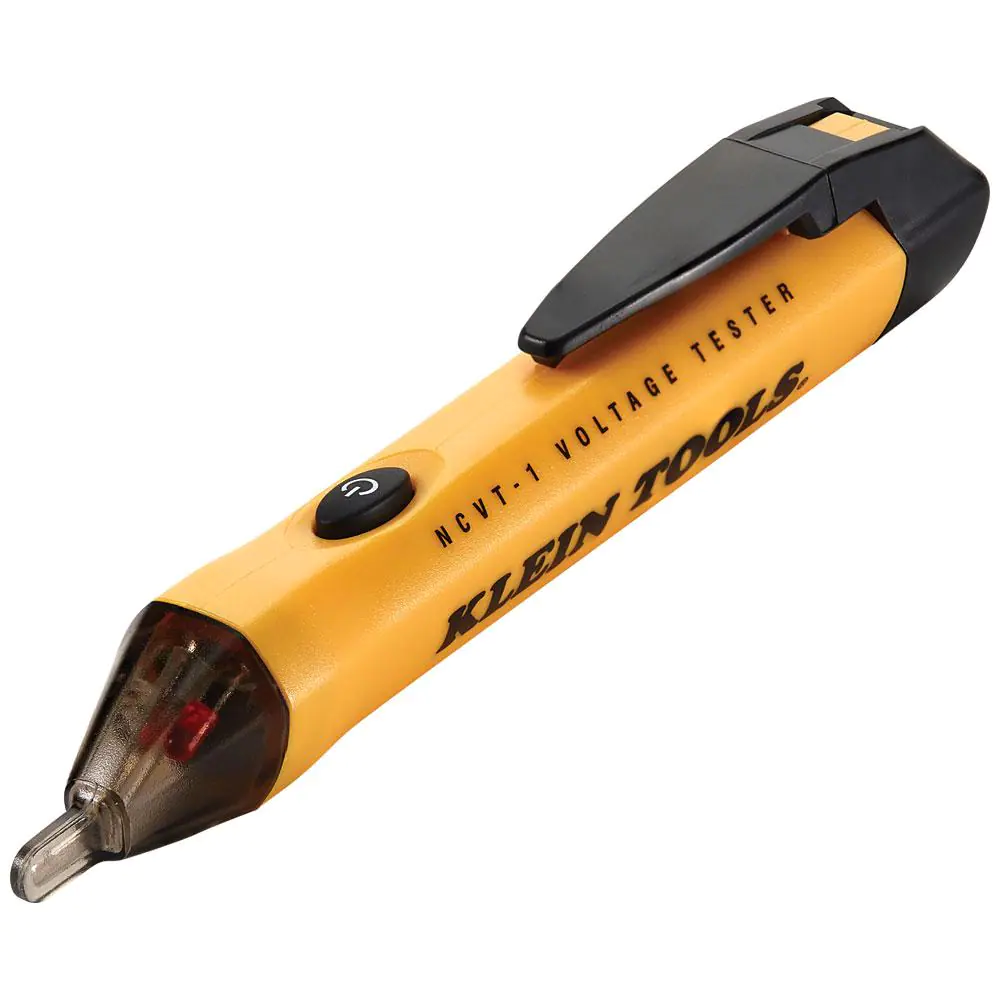
Seeking Professional Help
When to Consult the Manufacturer
Sometimes, despite your best efforts, your electrical tester may show signs of malfunction. In such cases, it’s wise to consult the manufacturer or a professional technician. Neglecting ongoing issues could lead to more severe problems down the line. Most manufacturers provide support channels, including customer service, online forums, or maintenance services. Use these resources to address any technical concerns you might have.
Regular Professional Maintenance
If you frequently use your electrical tester or rely heavily on its readings, consider scheduling regular maintenance with a professional. This service can include thorough inspections, calibrations, and repairs if necessary. Establishing a routine maintenance schedule will help ensure your tester performs reliably and accurately. A professional touch can extend the life of your tool and give you confidence in its readings.
Utilizing Technology for Maintenance
Apps and Digital Tools
In today’s digital age, technology can aid in maintaining your electrical tester. Various apps are available that can help you track usage, monitor battery life, and remind you of calibration schedules. These tools can make it easier to stay on top of maintenance tasks. Some apps can even link with your tester, allowing for real-time monitoring and updates. Embracing technology can help you optimize performance, leading to a more efficient working process. Always explore the digital tools available for your specific tester model, as they can offer convenient solutions to simplify maintenance.
Online Communities and Forums
Engaging with online communities or forums can also enhance your understanding of maintaining your electrical tester. Many professionals and enthusiasts share tips, troubleshooting advice, and maintenance hacks in these spaces. By participating in discussions, you can learn from the experiences of others who have faced similar challenges. This interactive approach can give you fresh insights into best practices for keeping your tester in top shape. Additionally, it allows you to connect with experts who can offer guidance and recommendations based on their own experiences.
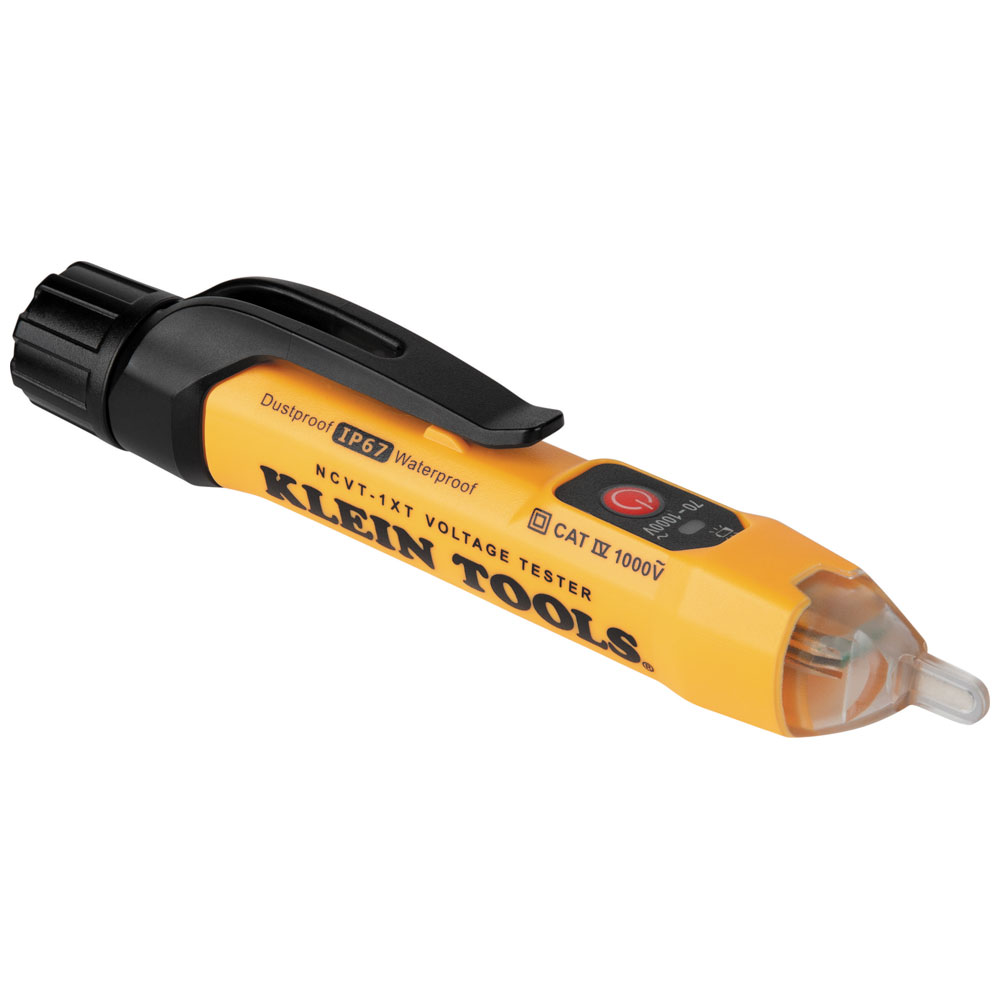
Conclusion
Maintaining your electrical tester is crucial for both longevity and accuracy. By practicing regular cleaning and inspection, calibrating your tester, and storing it properly, you pave the way for improved performance. Pay careful attention to battery management, understand your tester’s limitations, and invest in ongoing training. Lastly, don’t hesitate to seek professional help when necessary.
Taking these steps will ensure your electrical tester remains a reliable tool in your toolkit. By putting effort into maintenance, you can avoid costly replacements and enhance your overall efficiency. A well-maintained tester will not only serve you better but also keep you safe while working with electrical systems. Always prioritize proper care and handling, and you’ll see the benefits in your work quality and output.
